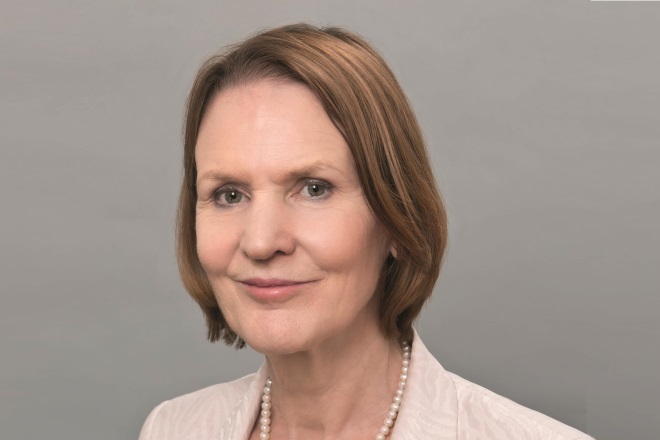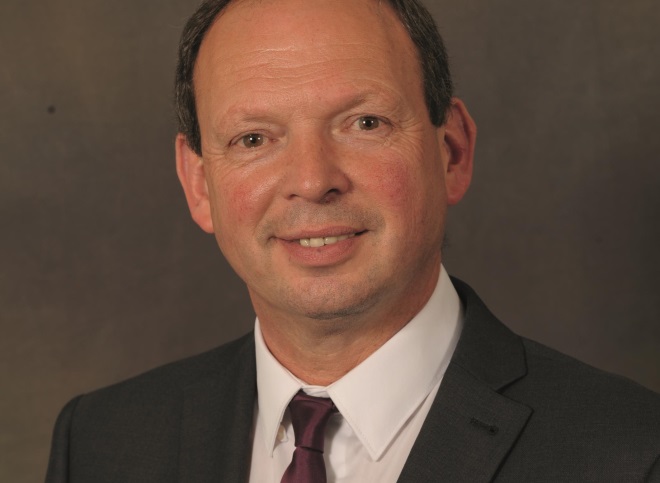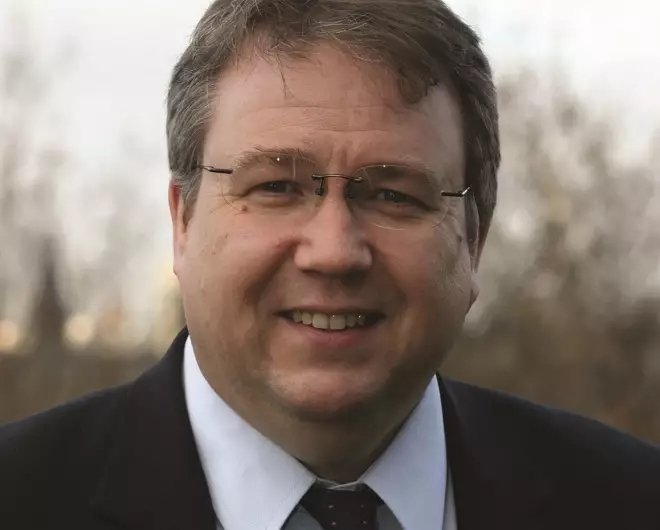
Shutterstock.com

Source: Department of Health
David Mowat announced in the House of Commons on 20 October 2016 that community pharmacy funding will be cut by 4% in 2016–2017 to £2.687bn, and by a further 3.4% in 2017–2018 to £2.592bn
Establishment payments will be gradually phased out from December 2016, the Department of Health announced on 20 October 2016.
The end of the payments, which are worth around £25,000 per year and are paid to pharmacies provided they dispense a certain number of prescriptions, was revealed in documents, including a report entitled ‘Community pharmacy in 2016/17 and beyond: final package’.
This was published after health minister David Mowat delivered a statement to the House of Commons on 20 October 2016 confirming that community pharmacy funding will be cut by 4% in 2016–2017 to £2.687bn, and by a further 3.4% in 2017–2018 to £2.592bn.
The documents outline a range of changes to community pharmacy fees and allowances, which will be reflected in the Drug Tariff from 1 December 2016, the date that the budget cuts will be implemented.
From December 2016, establishment payments will be cut by 20% compared with 2015–2016 levels — equivalent to a 6.7% reduction in 2016–2017 as a whole. Then, on 1 April 2017, they will be cut by a further 20%.
As such, a pharmacy currently receiving the top level establishment, equivalent to £2,092 per month, can expect it to be cut to £1,673 per month in December 2016 and to £1,255 per month by April 2017. The payment will be phased out completely by the end of 2019–2020.
In his address to the House of Commons, Mowat said establishment payments were “an inefficient allocation of NHS funds when 40% of pharmacies are now in clusters of three or more which means two-fifths are within ten minutes walk of two or more other pharmacies”.
Also from 1 December 2016, a new single activity fee will be implemented as part of the overhaul. The fee will encompass the professional fee (dispensing fee), practice payment, repeat dispensing payment, and the monthly electronic prescription service (EPS) payment. It is anticipated this will be worth £1.13 per prescription item.
Additional fees paid for dispensing prescriptions for specific types of product, such as unlicensed medicines, appliances and controlled drugs, will remain, as will the one-off set-up payment for ‘EPS release 2’, the second phase of the transmission of electronic prescriptions, although this payment will cease from April 2017.
In addition, a new pharmacy access scheme will be introduced alongside the changes to protect the viability of pharmacies. Mowat reassured that the scheme will be put in place from December 2016 until March 2018, to protect patient access in areas of deprivation or where community pharmacy provision is sparse.
Furthermore, the proposals say that up to £75m of the £2.592bn community pharmacy budget for 2017–2018 will be allocated to a new quality payment scheme from April 2017. However, pharmacies will have to meet four criteria before they will be considered for the payment, including provision of least one specified advanced service and use of the electronic prescription service.
The quality payment scheme will be worth at least £6,400 per pharmacy per annum to stores that manage to meet all the criteria and possibly as much as up to £12,800 per pharmacy per annum, depending on how the sector performs as a whole. It is not expected that all pharmacies will meet all the criteria.
Also, NHS England’s £42m pharmacy integration fund (PhIF) has been set up to support the development of clinical pharmacy practice in a wider range of primary care settings over 2016–2018.
The PhIF is intended to support community pharmacy to develop new clinical pharmacy services, working practices and digital platforms during 2016–2017 and 2017–2018. It was announced on 14 October 2016 that the fund will support two pilot schemes — an urgent medicines supply service and urgent minor illness service — from December 2016 to April 2018. The schemes are being developed to take direct referrals from NHS 111.
The PhIF will also be used to support deployment of clinical pharmacists and pharmacy services in community and primary care settings, including groups of general practices, care homes and urgent care settings, such as NHS 111.

Source: Pharmaceutical Services Negotiating Committee
Sue Sharpe, chief executive of the Pharmaceutical Services Negotiating Committee, warns that patients may find that they have to wait longer to receive advice that would previously have been readily available
Responding to the announcements, Sue Sharpe, chief executive of the Pharmaceutical Services Negotiating Committee (PSNC), the body that represents pharmacy contractors, says: “The removal of establishment payments will target… the low dispensing volume pharmacies in areas with the highest health needs. [These pharmacies will] see fee income reduced by around 20% [in 2017], at a time when the NHS has said that efficiency targets of 4% are too high to be achievable, [but it] has reduced targets to 2%.”
Sharpe adds that although it is unlikely that pharmacies will close immediately as a result of the pharmacy funding cuts, pharmacy owners will be forced to take steps quickly to reduce costs.
“These are likely to include reducing opening hours and staffing, and stopping the provision of services which they are not obliged to provide, such as home delivery of medicines and the supply of medicines in compliance aids.
“As they are forced to review their operating costs and consider staff cuts, patients may find that they have to wait longer to receive advice that would previously have been readily available,” she adds.
Sharpe also warns that big policies could be railroaded by the community pharmacy proposals, “for instance if social care cannot cope with the increase in people left without support, there could for example, be a rise in hospital admissions”, she says.
The PSNC has published indicative income tables to help contractors to predict the impact on their businesses.

Source: National Pharmacy Association
Ian Strachan, chair of the National Pharmacy Association, says that “millions” of concerned patients have asked the government to rethink its overhaul to community pharmacy
Ian Strachan, chair of the National Pharmacy Association, which represents independent pharmacies, says that the announcement is a “slap in the face” for hardworking pharmacy teams and for concerned patients.
“Millions of worried patients have asked the Department of Health to think again,” he says. “Politicians from all parties are against the cuts. It is abundantly clear that the current policy approach is flawed and universally unpopular,” he says.
“Elements within government seem determined to press ahead with this damaging experiment, deaf to the nationwide protests. It is clear that they believe there are too many pharmacies and want closures.”

Source: Pharmacy Voice
Rob Darracott, chief executive of Pharmacy Voice, says industry bodies have spent ten months trying to convince the government of community pharmacy’s value to the NHS and to patients
Rob Darracott, chief executive of Pharmacy Voice, a pharmacy trade body, says: “We have spent the last ten months explaining to [the government] the value of community pharmacy, the pressure we take off other parts of the NHS and the money we save the government by keeping patients out of GP surgeries and A&E.
“[Members of the] public have made it clear to [the government] that they expect their local pharmacies to expand their role in the community and MPs from every party have outlined how cuts will harm the interests of their constituents,” he adds.
In a statement, the Royal Pharmaceutical Society (RPS), the professional body for pharmacists, says: “We have consistently asked how the government’s aspiration for the future of community pharmacy to be at the heart of the NHS can be squared with large reductions in funding.
“We know that many pharmacists, whether they own a pharmacy or work for a pharmacy business will be hugely concerned about the future. We have been very clear about our opposition to funding reductions, but we know that the profession needs more from us at this time. The RPS will also make sure we offer pharmacists practical support to plan for the change that will begin on 1 December.”


